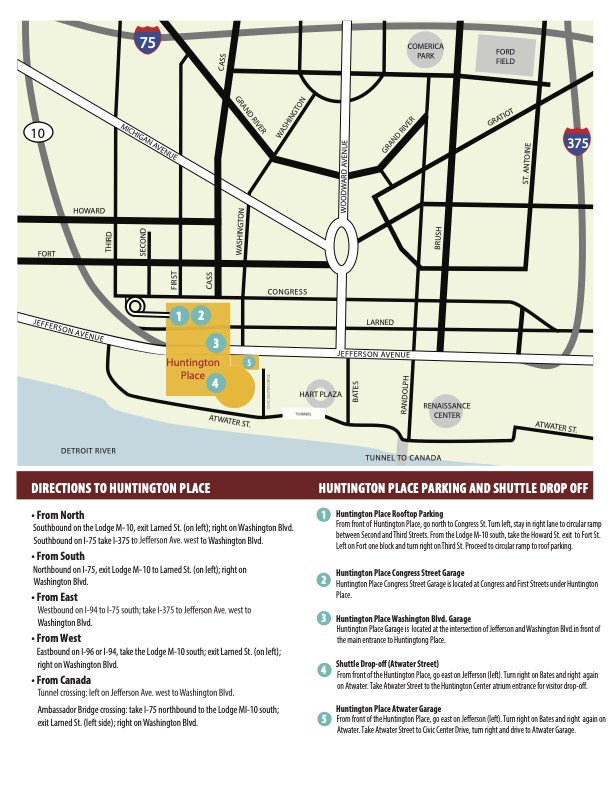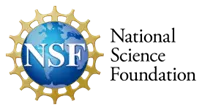Motivation
The progress in robot development and its impact in the last decade have been astounding. Yet, software engineering techniques and tools have not kept up with this revolution, and in many cases are hindering it. Current techniques are challenged by the diversity of (1) robots, environments, and clients being deployed, (2) inputs they consume and technologies they employ, and (3) engineers’ backgrounds. Handling this diversity requires a dramatic shift in the development of the robot software stack. Looking ahead to robots that are more ubiquitous and autonomous only makes this shift more pressing.
Goals
- Identify the most distinctive current and emerging software engineering practices in the robotics domain that require specialized support
- Determine the major software engineering pain points in robotics and how those are expected to shift in the future to require transformational software engineering techniques
Expected Impact
- Energize the exchange of ideas between the software engineering and robotics communities, bringing together leading researchers from industry and academia
- Produce a report summarizing the findings and strategic priorities, and share it with both communities to promote this agenda



